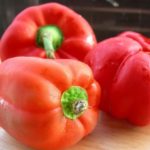Chestnuts, with their sweet and nutty flavor, are a popular treat when the weather turns chilly. However, doctors advise caution when consuming this snack. If you’re a chestnut lover, read this article to learn the right way to enjoy them!
1 Groups of People Who Should Avoid Eating Chestnuts
Although chestnuts are a beloved treat, the following groups should refrain from consuming them:
- Elderly Individuals: As digestive functions decline with age, consuming too many chestnuts at once can lead to abdominal pain, indigestion, choking, and damage to the spleen and stomach. Seniors should limit their intake to 50-70 grams of chestnuts per week to maintain their health.
- People with Stomach Issues: For those with stomach ailments, eating chestnuts can stimulate the stomach to produce excess acid, overworking the organ and potentially leading to stomach bleeding.
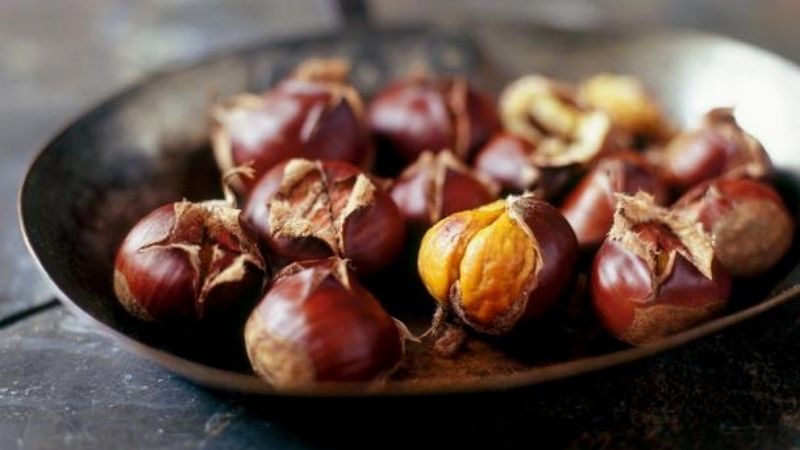 Groups Who Should Avoid Chestnuts
Groups Who Should Avoid Chestnuts
- Diabetics: Chestnuts are high in starch, so it’s best to avoid them to prevent a rapid increase in blood sugar levels, especially the sugar-coated variety.
- Those with a Cold, Malaria, Dysentery, or Postpartum Women: These individuals should also limit their chestnut intake to no more than 10 nuts per day to prevent adverse effects.
- Children: With their underdeveloped digestive systems, children should not consume large quantities of chestnuts to prevent abdominal pain.
2 Foods That Should Not Be Eaten with Chestnuts
Mutton
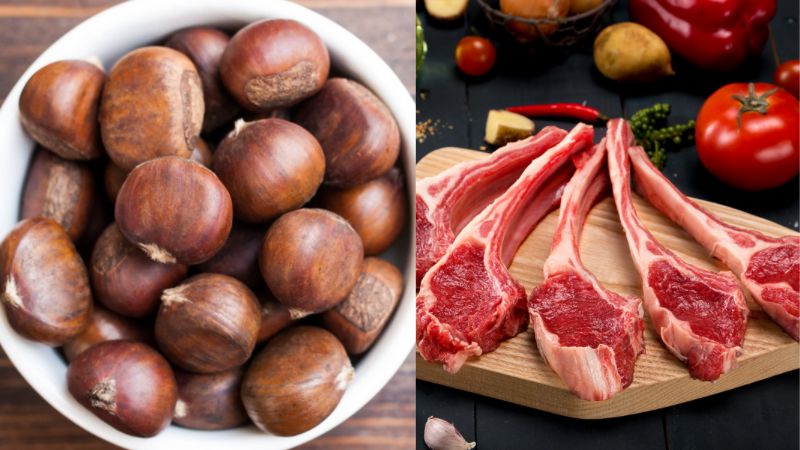 Avoid Eating Chestnuts with Mutton
Avoid Eating Chestnuts with Mutton
Both chestnuts and mutton are warming foods, and consuming them together can lead to excessive internal heat. The trace metal elements in mutton will chemically react with the tannic acid in chestnuts, destroying the nutritional value of vitamin C. Moreover, both create a sediment that is difficult for the human body to digest and absorb.
Tofu
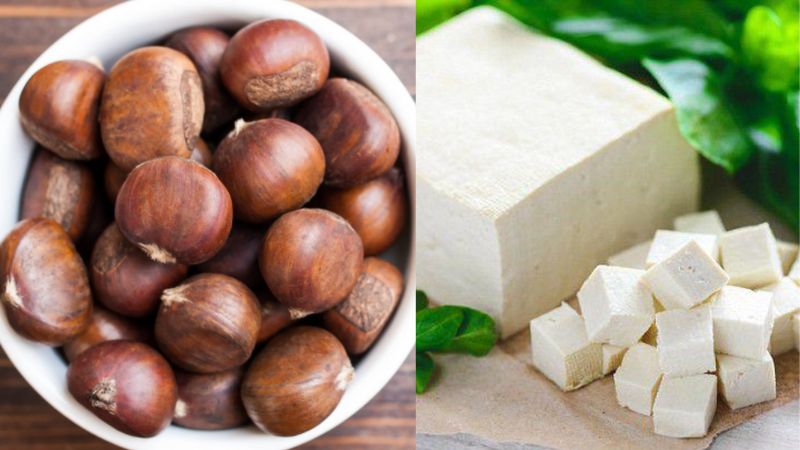 Don’t Eat Chestnuts with Tofu
Don’t Eat Chestnuts with Tofu
Tofu contains magnesium chloride and calcium sulfate, while chestnuts contain oxalic acid. When combined, they form white precipitates that not only affect the absorption of calcium but also easily settle and form stones.
Almonds
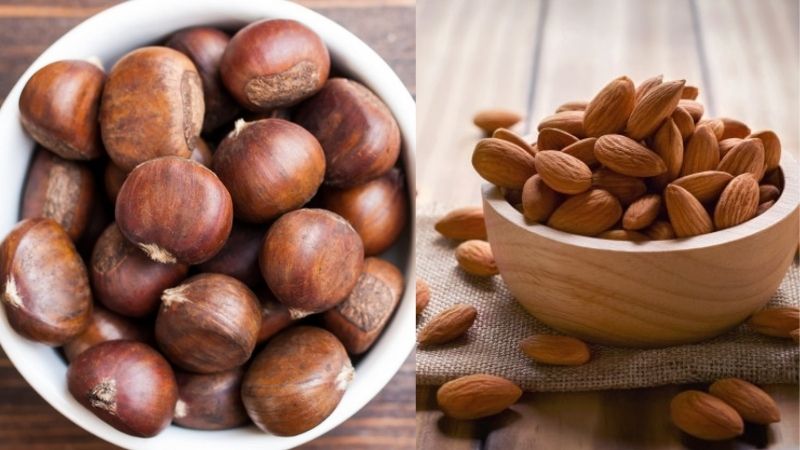 Avoid Eating Chestnuts with Almonds
Avoid Eating Chestnuts with Almonds
Almonds are high in fat and can cause diarrhea, so they should not be eaten with chestnuts. Both nuts are also warming, and consuming them together can harm the bones and easily trigger a relapse of bone pain in the elderly. Eating these two together can lead to abdominal pain and may cause a stomach ache to flare up.
Beef
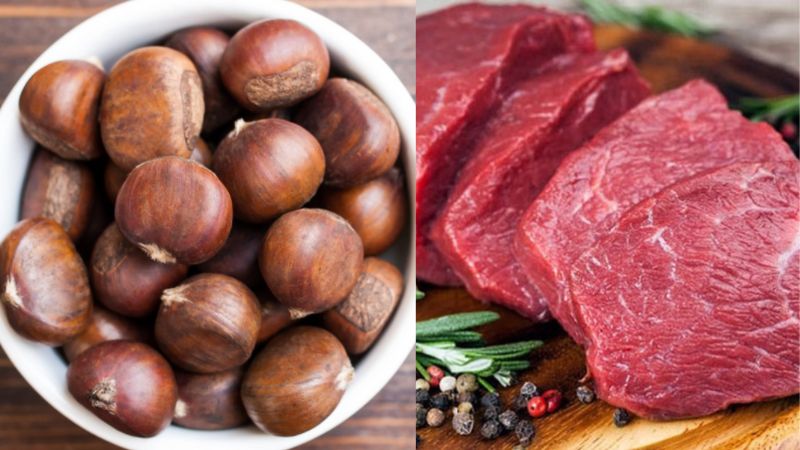 Don’t Eat Chestnuts with Beef
Don’t Eat Chestnuts with Beef
Consuming chestnuts with beef can cause symptoms like bloating, nausea, and indigestion. Like mutton, beef reduces the nutritional value of chestnuts and is also difficult to digest.
3 Precautions When Eating Chestnuts
Don’t Eat Too Many
While chestnuts are nutritious, they should be consumed in moderation. Each serving should not be excessive. Chestnuts provide a significant amount of fat and energy to the body. Five chestnuts contain the same number of calories as a bowl of white rice. Therefore, overeating chestnuts can lead to weight gain.
 Avoid Overeating Chestnuts
Avoid Overeating Chestnuts
Additionally, due to their high starch and low fiber content, they can cause internal heat, constipation, bloating, and indigestion. A healthy adult should consume no more than ten chestnuts per day.
Avoid Using Sugar When Preparing Chestnuts
To enhance the nutty sweetness of chestnuts, people often coat them with sugar before roasting or frying. However, high temperatures can cause the sugar to burn and produce carcinogens. It’s safer to boil, steam, or cook chestnuts in soup, even though these methods may not be as tasty as roasting or frying.
 Limit Roasting and Frying Chestnuts
Limit Roasting and Frying Chestnuts
When to Eat Chestnuts
Chestnuts should be enjoyed as a snack between meals, either at 9 AM or 3 PM. Eating chestnuts right after a main meal can cause bloating and hinder the digestive process.
Avoid Moldy Chestnuts
According to PGS.TS Tran Dang (Former Director of the Food Safety Department), chestnuts belong to the group of dried fruits, and improper drying can lead to a high risk of mold.
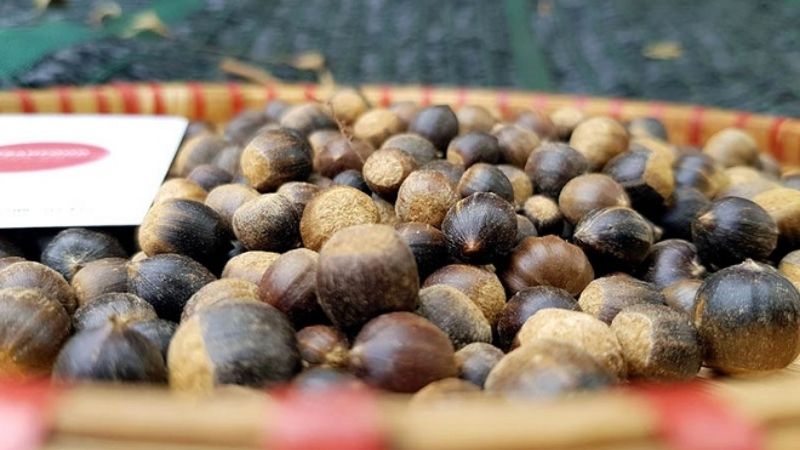 Do Not Consume Moldy Chestnuts
Do Not Consume Moldy Chestnuts
When eating chestnuts, pay attention to any signs of mold. Chestnuts are in the category of dry fruits, and when they become moldy, they can produce aflatoxin, a liver carcinogen. If you don’t carefully select the nuts before preparing or eating them, you may unknowingly ingest toxins.
Therefore, for safety, experts advise discarding chestnuts if their inner color appears altered. If you buy chestnuts and don’t plan to use them all at once, store them in a box or tray in the freezer if you want to keep them for more than ten days.
Chestnuts are delicious, but improper consumption can be harmful. The above precautions will help you enjoy this treat without compromising your health. Stay informed and enjoy your chestnuts wisely!
Source: Dan Tri Newspaper
How to Make Sure You Buy the Perfect Mattress for Optimal Sleep and Health
Want to know the essentials of selecting a quality mattress that will give you a peaceful night’s sleep and boost your health? Look no further! This article provides all the key advice for finding a mattress that suits your specific needs and ensures you get a well-deserved rest. Get the important information you need to make the perfect mattress choice right here.

























